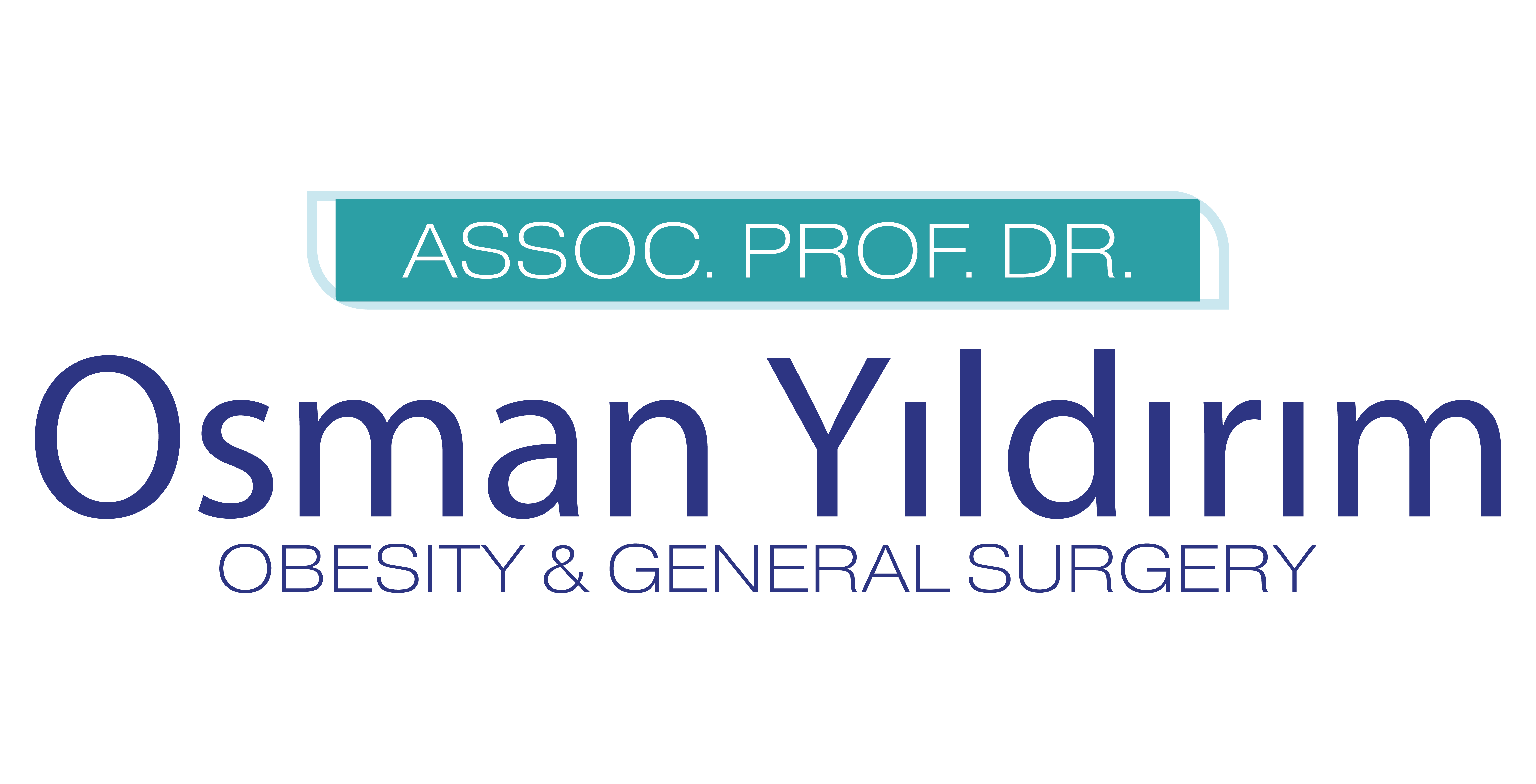The Disease of Our Age: Obesity
What are Obesity and Morbid Obesity?
We can briefly define obesity as excessive fat accumulation in the body. WHO (World Health Organization) defines obesity as “abnormal, excessive fat accumulation in the body in a form and proportion that will cause diseases”.
Morbid Obesity is defined as advanced obesity that seriously threatens life due to the fatal problems it causes. Those with a Body Mass Index (BMI) over 40 are considered morbidly obese.
The average body fat ratio is 25-30% in women and -20 in men.
What are the dangers of obesity, what kind of diseases does it cause?
Obesity causes disorders in all systems of the body. Experts say that obese people live 12-15 years less than their peers. Obesity causes many diseases such as type 2 diabetes mellitus (diabetes mellitus), hypertension, cardiovascular diseases, fat metabolism disorders, sleep apnea, reflux, sexual disorders, bone and joint problems, respiratory system disorders. Since the physical appearance of obese patients is distorted, the social life and mental health of these patients are also disrupted, and many problems such as depression occur. Some types of cancer such as breast and colon cancer are more common in obese patients.
How should obesity be treated?
There are 1. Diet 2. Exercise 3. Drug therapy 4. Surgical treatment options in obesity treatment.
Diet and exercise play a major role in treatment. First of all, patients should change their lifestyle. Patients should receive good nutrition education and learn the mistakes in this regard. Exercise must be a part of life. When all these are insufficient, medications can be tried in certain groups of patients. However, most of these have been found to have serious side effects, and today there is still no very effective medication with few side effects.
Studies have shown that the rate of permanent weight loss with non-surgical methods in the treatment of morbid obesity is around 2%. Today, the permanent and effective treatment of morbid obesity is surgery.
Obesity treatment is completely a team effort. A team consisting of endocrinology, general surgery, psychiatry, and nutrition and diet specialists should evaluate the patient and determine the treatment method.
For which obese patients do you recommend surgical treatment?
Even if there is no additional comorbid disease in morbidly obese patients with a BMI of 40 kg / m2 and above,
surgical treatment is indicated in the presence of at least one of the following diseases in obese patients with a BMI of 35-40 kg / m2: hypertension, cardiovascular diseases, type 2 DM, hyperlipidemia, sleep apnea syndrome, etc.








